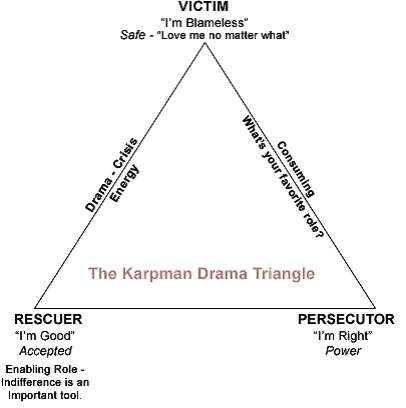Coaching Quote of the Day 31st January 2012
“Success is focusing the full power of all you are on what you have a burning desire to achieve.”
(Wilfred Peterson)
“Success is focusing the full power of all you are on what you have a burning desire to achieve.”
(Wilfred Peterson)
This was originally written in 2011 and shared via Coaching Confidence’s weekly email round up.
This past week I took a short break. The place that we were staying was in a country setting. Woodland and a lake were all within the vicinity.
I happened to walk past a bird feeder hanging from a tree where a squirrel was busy helping itself to the nuts contained within. If you are familiar with squirrels then I suspect that this wouldn’t particularly surprise you – they are well known for using bird feeders as a source of food – even if they have to manoeuvre around complicated assault courses to be able to access them.
There was no assault courses with this particular bird feeder. There was however a group of ducks gathered below. I am not certain if the squirrel was deliberately feeding the ducks at the same time or if this was just a happy accident. One thing that did seem to be apparent – this was not an unusual occurrence and the ducks were quite happy to accept assistance from someone else.
I may be wrong but I didn’t see those ducks read any more into the situation than it was an opportunity they were not going to miss.
Sometimes, we cannot be as willing as those ducks to accept assistance or even see such opportunities that arise. We may have an idea in our own head that it is important to do everything all by ourselves.
I’ve seen that self-sufficiency manifest itself in coaches in all sorts of ways:
For example,
Today I invite you to consider the following question:
If it really didn’t mean anything about you, your skills or your business, what would be different if you took extra assistance?
Have a fantastic week
Love
Jen
“Moderation is a fatal thing. Nothing succeeds like excess.”
(Oscar Wilde)
“To succeed in life, you need two things: ignorance and confidence.”
(Mark Twain)
“Teachers open the doors, but you must enter by yourself.”
(Chinese Proverb)
In this week’s guest post Karen Wise shares a personal experience. How familiar is this for you and/or your clients?
by Karen Wise
My friend Rose called the other night. The conversation started like this:
“Karen, I really need to speak to you – I need your advice”
And then she started to whisper
“The thing is, I’ve been having an affair, and I don’t love my husband any more, and I just don’t know what to do”.
Rose and I have been friends for twenty years and she’s been with her husband for almost as long. She was one of my bridesmaids and both our kids were born weeks within each other. Rose has also lurched from life crisis to life crisis for the last two decades.
What I realised some time ago, is that Rose and I each have a role within, what psychologists call, the Drama Triangle (see diagramme below). Rose is always the “victim” with a crisis and I’m always there to rescue her.

Quite often we have more than one Drama Triangle in our lives, and with each one we’re playing a different role. With my husband, I have to admit, I frequently play the “Persecutor”. We can also find ourselves playing roles from the Drama Triangle at work, particularly during times of stress, when tight deadlines need to be met or mistakes have been made.
Most of the time, the Drama Triangle is useful in helping us manage day-to-day interactions. It might feel uncomfortable in the moment, but that tension makes either us or the other party shift their position to lead to a better outcome.
However, there are times when playing out the Drama Triangle isn’t helpful and could border on destructive. The negative behaviours can lead to a breakdown in trust, confidence and ultimately relationships.
If you find yourself in a Drama Triangle you have a choice. You can choose to step out of whatever role you’re playing. Don’t run away from the drama, but take a different approach to that of either a rescuer, persecutor or victim.
As I love my friend Rose, I’ve agreed to go out dinner this weekend to talk it all through with her. She has a major life decision to make, which won’t just affect her – but her husband and her two kids. I will help her through the most recent drama as for now, our relationship remains healthy and I’m happy to play the rescuer once again.
Karen Wise, MCIPD is an Organisational Development Consultant and Coaching Psychologist, with over 12 years’ experience of working in Human Resources roles up to and including Director level within the NHS in the UK. Karen now runs her own consultancy and coaching business, with a particular interest in outplacement coaching. She has recently been awarded an MSc in Coaching Psychology from the University of East London. You can follow Karen on twitter (karenwise) and read her weekly blog on working in HR in the NHS at www.karenwise.wordpress.co
“A wise man will make more opportunities than he finds.”
(Francois Bacon)
“In the middle of difficulty lies opportunity.”
(Albert Einstein)